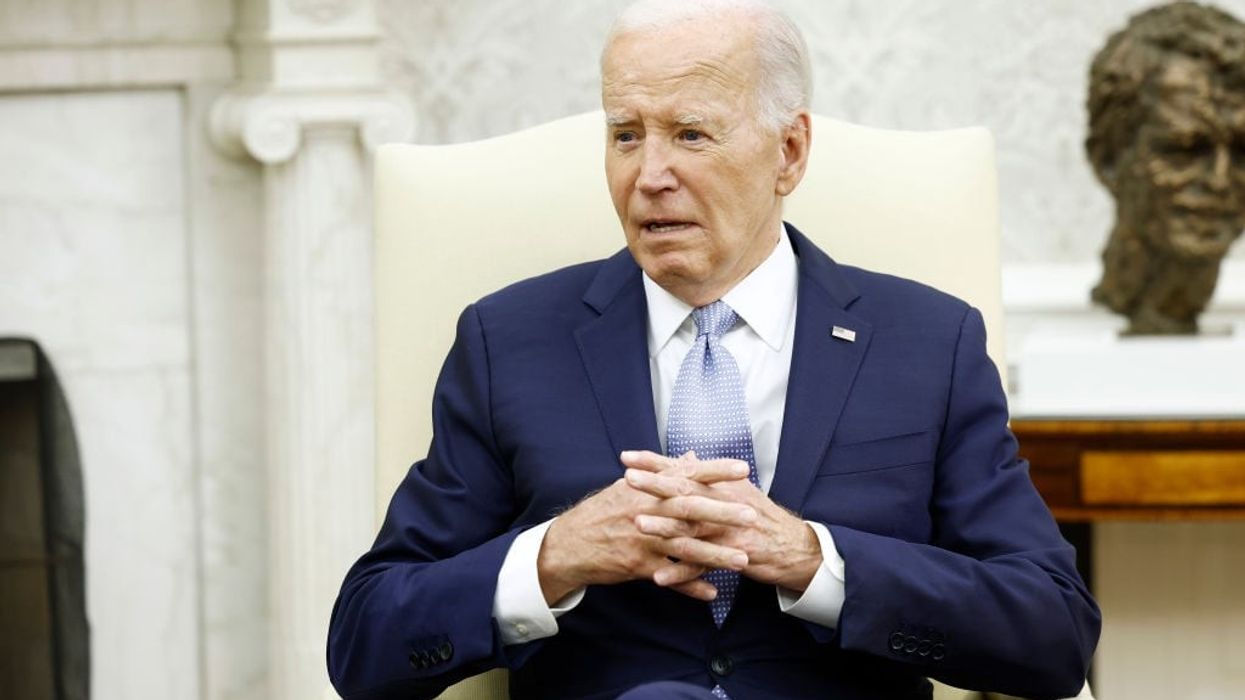THERE is a sharp 19 per cent decline in Indian Americans supporting incumbent president Joe Biden between the last election of 2020 and the 2024 election cycle, according to a bi-annual Asian American Voter Survey (AAVS), the longest-running survey of Asian-American voters released on Wednesday (10).
Conducted by Asian and Pacific Islander American Vote (APIAVote), AAPI Data, Asian Americans Advancing Justice (AAJC), and AARP, the survey revealed that 46 per cent of Indian Americans intend to vote for Biden this year as against 65 per cent in 2020.
The alarming drop of 19 per cent is the largest among all the Asian-American ethnic communities. According to the survey, which was conducted before the June 27 presidential debate between Biden and his Republican challenger Donald Trump, 46 per cent of Asian Americans are likely to vote for Biden, down eight percentage points since 2020, while 31 per cent are likely to vote for Trump, gaining one point since 2020.
However, Trump has gained just 2 per cent in favourability rating (28 per cent in 2020 to 30 per cent in 2024), despite the record 19-per cent drop in Biden’s support from Indian Americans.
Asian Americans have been a rapidly-growing group of eligible voters in the US over the past two decades, growing by 15 per cent in the last four years alone and turning out in record numbers in every federal election since 2016.
In 2020, a surge in the number of Asian American voters — especially those voting for the very first time — in battleground states was crucial to Biden’s victory.
The sharp decline in Indian American voters’ support for Biden might be crucial, given that the community has a sizable presence in many battleground states.
According to the survey, Biden has a 55 per cent favourability rating among Indian Americans, while Trump has a favourability rating of 35 per cent. Interestingly, both Biden and Trump have the same 42 per cent unfavourability rating among Indian Americans.
Kamala Harris, who is the first Indian American and a woman to be elected as the vice president, has a favourability rating of 54 per cent and an unfavourability rating of 38 per cent.
Former South Carolina governor and US ambassador to the United Nations, Nikki Haley, has a favourability rating of just 33 per cent and an unfavourability rating of 46 per cent. Interestingly, 11 per cent said they had not heard of Haley.
“Asian Americans are rapidly diversifying the American electorate and it is critical for us to update our understanding of what motivates them and informs their voting choices,” said Karthick Ramakrishnan, executive director of AAPI Data.
“We see ongoing evidence of dynamism within the Asian-American electorate, including on matters pertaining to presidential vote choice and party preferences on key issues ranging from inflation to healthcare and immigration."
(PTI)





